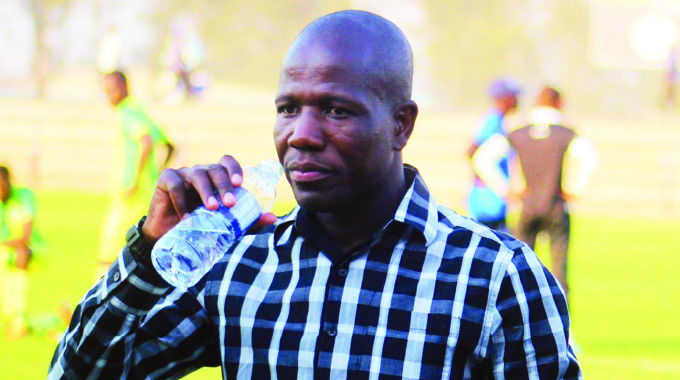The immortal Kirsty Coventry
NORTH CAROLINA. — Kirsty Coventry finished sixth in her two best events at the London Olympics, but she knew that her career could not end like that. Coventry’s fourth Olympic appearance was her most disappointing.
“London was one of the challenging moments of your life where you have to push through,” Coventry said in March 2015. “I just didn’t feel right walking away from it.”
After London, Coventry moved home to Zimbabwe.
At that point, she had been living in the United States for 11 years as she trained at Auburn and later Texas.
She got married around that time, but the taste of unfinished business lingered.
Within a year, Coventry knew that she wanted to make a comeback.
During the summer of 2014, she began training in Charlotte with David Marsh, who had coached Coventry at Auburn.
While training in Charlotte, Coventry became especially close with Cammile Adams, who earned a spot in Rio in the 200 fly at Olympic Trials, but only after being disqualified and then reinstated in prelims.
“I couldn’t reach anyone and I didn’t know what was happening. It was the most awful feeling,” Coventry said.
Of course, all was well after 10 minutes and a decisive video review and Coventry got to speak with Adams on the phone before the final. The whole week proved stressful and emotional for Coventry as she watched on television as one race decided the Olympic fates of so many teammates.
“I’ve never really watched an American Trials and been so invested in it,” she said. “Looking back, I know that’s part of why this journey’s been so fun, because I was invested with other people way more than I had been.”
That journey will lead Coventry to Rio, where she is again hoping to bring home a medal in one of her signature events.
The landscape of the 200 back has changed since Coventry won her last World title in the event in 2009 — only one other finalist from that race is entered to swim the event in Rio.
Still, the 200 back figures to be her best shot at the eighth Olympic podium appearance of Coventry’s career. Coventry currently ranks 18th in the world this year in the 200 back with a 2:09.09 swum in June and she finished sixth at last summer’s World Championships in both the 200 back and 200IM.
Coventry has won three Olympic medals in IM events throughout her career and still plans to compete in the 200IM in Rio, but training this year has been all backstroke, all the time.
Coventry acknowledges that the IOC’s decision on whether to allow Russian athletes to compete in Rio was tough.
She knew that if the Russian track and field federation supported systematic doping, then it was more than likely other sports federations were following suit, but she also refused to believe that there were no clean athletes in Russia.
But above all, Coventry worries about the fate of Russian mid-distance runner Yuliya Stepanova and her husband Vitaly, who originally exposed the Russian doping programme.
The IOC ruled Stepanova ineligible to compete in Rio this week, and Coventry worries that her alienation will discourage more whistleblowers from coming forward.
“They’re no longer in their country. Their family doesn’t speak to them. They’ve lost everything,” Coventry said of Stepanova and her husband.
More news is sure to break about the scandal, but with just a week to go until the Games begin, Coventry doesn’t want to hear about it. Not right now, anyway — it’s not worth the distraction.
“At the Olympic Games the media should be asking about your preparation and your country and how proud you are to be representing it,” Coventry said. “It shouldn’t be painted with something so negative.”
Results in competition and in training have Coventry feeling confident about her prospects in the pool in Rio, but she acknowledges that this figures to be her last go-round with elite competition.
For all Coventry has accomplished in the sport, it has never been all about herself. Despite her long-time residence in the United States, she is proud of her Zimbabwean heritage and what she represents for those back home and for those in other poor countries from where few elite swimmers come.
“I’m proud that I was able to represent my country for so many years at such a high level, the Olympic movement and the Olympic stage — especially when Zimbabwe was going through hard times,” she said.
“Just because you might be from a landlocked country in Africa and didn’t have the same opportunities as some other people in first-world countries, it doesn’t matter as long as you keep pushing yourself and working hard.”










Comments